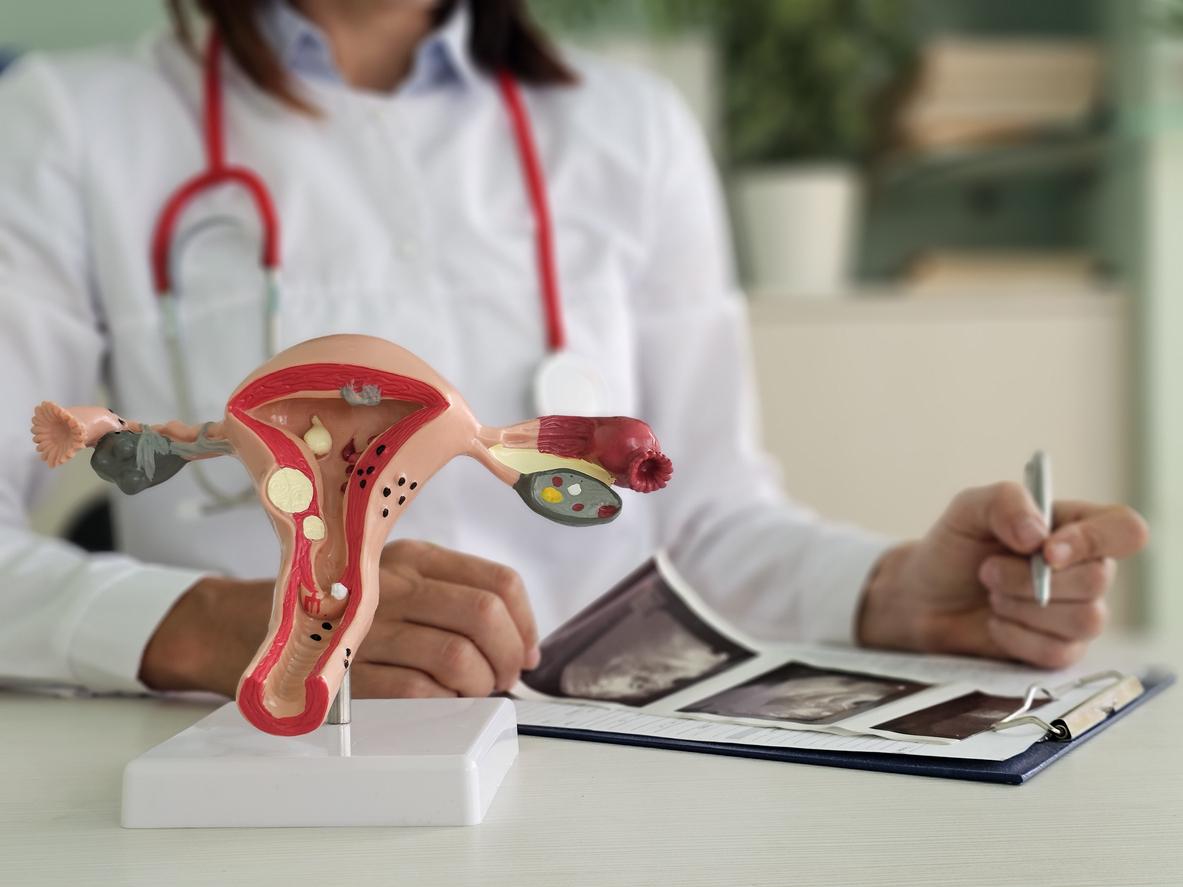Neurons specializing in the regulation of reproductive functions are distributed throughout the brain, according to a study by Inserm.

The few studies carried out on mice over the past twenty years had concluded a debate that was believed to be closed. Until now, scientists believed that the neurons responsible for regulating reproductive functions, which originate in the nose area of the fetus, migrate during development to the hypothalamus – part located in the heart of the brain -, where they remained confined thereafter.
But a discovery by the National Institute of Health and Medical Research (Inserm), in collaboration with the Institute of Vision (Paris), contradicts this hypothesis. Researchers from the Faculty of Medicine of Lille have shown that in reality, they are present everywhere in the brain, and that the hypothalamus only represents a minority (20%) of all neurons involved in reproduction. .
Infertility and psychiatric illnesses
These produce a hormone, gonadotropin releasing hormone (or GnRH) which, in turn, causes the secretion of the hormones LH and FSH which regulate sperm maturation, the production of sex hormones (testosterone, progesterone, estrogen).
To arrive at these results, which contradict those previously obtained, the French researchers worked on human embryos, aged 6 to 12 weeks, and resulting from donations from parents in the context of abortion. They succeeded in making embryonic tissues transparent, in order to observe the interactions between the cells of the brain being formed.
They thus noticed that cells migrated towards the hypothalamus, but also towards the cortex, the olfactory bulb, the hippocampus and certain regions of the limbic system. A new approach that may help explain certain diseases. “There is a hormonal impregnation during the development of the brain, prenatal and postnatal, a dysfunction of which could be at the origin of certain neurological and psychiatric pathologies”, explains Paolo Giacobini, researcher in neuroscience and responsible for this work.
Some fertility disorders also arise from problems with the migration of these neurons. By studying these migration in mice in more depth, Inserm scientists hope to be able to better study the role of these neurons in GnRH.
.















